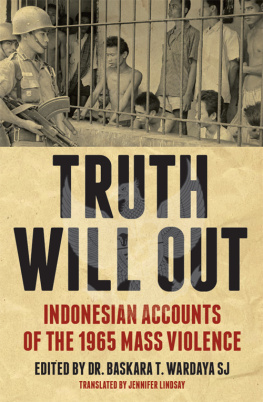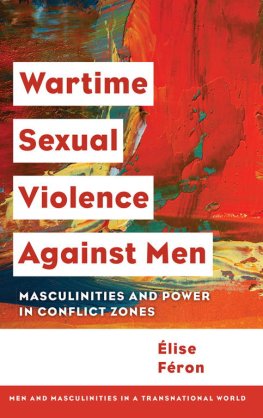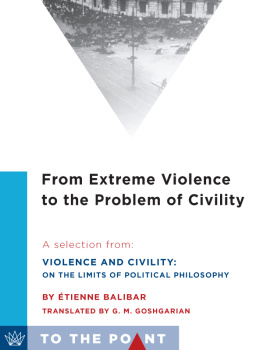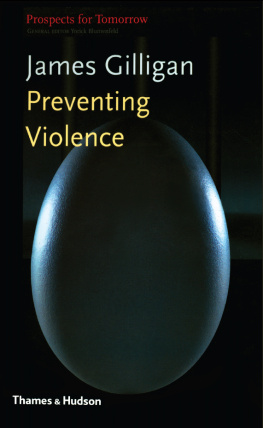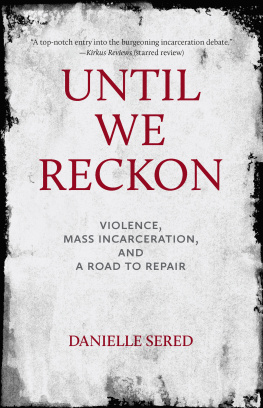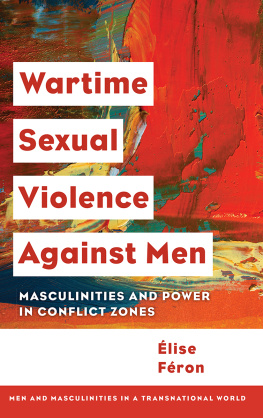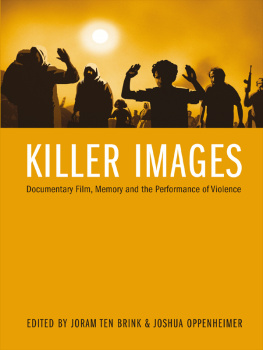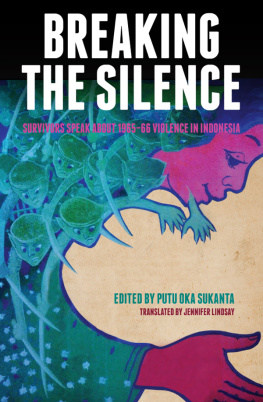TRUTH WILL OUT
INDONESIAN ACCOUNTS
OF THE 1965 MASS VIOLENCE
EDITED BY DR. BASKARA T. WARDAYA SJ
TRANSLATED BY JENNIFER LINDSAY

Truth Will Out: Indonesian Accounts of the 1965 Mass Violence
Editor: Baskara T. Wardaya SJ
Researchers: Kiswondo, Tri Chandra Aprianto, Chandra Halim, Choirotun Chisaan, Y. Tri Subagya, G. Budi Subanar, Mohammad Subkhi Ridho, Monica Laksono, Dedy Kristanto, Darwin Awat, MM Ambarastuti
Originally published in Indonesian as Suara di Balik Prahara: Berbagi Narasi Tentang Tragedi 65 di Indonesia, Galangpress, Yogyakarta, 2011.
English translation by Jennifer Lindsay
Copyright 2013
All rights reserved. Apart from any uses permitted by Australias Copyright Act 1968, no part of this book may be reproduced by any process without prior written permission from the copyright owners. Inquiries should be directed to the publisher.
Monash University Publishing
Building 4, Monash University
Clayton, Victoria 3800, Australia
www.publishing.monash.edu
Monash University Publishing brings to the world publications which advance the best traditions of humane and enlightened thought. Monash University Publishing titles pass through a rigorous process of independent peer review.
National Library of Australia Cataloguing-in-Publication entry
Author: Wardaya, Baskara T., author.
Title: Truth will out : Indonesian accounts of the 1965 mass violence / Dr. Baskara T. Wardaya SJ.
ISBN: 9781922235145 (paperback)
Series: Herb Feith translation series.
Subjects: Revolutions--Indonesia; Indonesia--History--Coup dtat, 1965; Indonesia--Politics and government--1950-1966.
Dewey Number: 959.8036
www.publishing.monash.edu/books/two-9781922235145.html
Design: Les Thomas
Cover image: A soldier watches suspected Communists held at Tangerang. Bettmann/CORBIS
Printed in Australia by Griffin Press an Accredited ISO AS/NZS 14001:2004 Environmental Management System printer.

The paper this book is printed on is certified against the Forest Stewardship Council Standards. Griffin Press holds FSC chain of custody certification SGS-COC-005088. FSC promotes environmentally responsible, socially beneficial and economically viable management of the worlds forests.
We were constantly being moved, like stinking, disgusting filth. We were kicked and driven out. To keep us uneasy. Thats pretty much the way the authorities thought of victims of the 1965 tragedy.
Al Capone (pseudonym), victim.
Basically, the situation at the time was terrifying. Truly. I often think about it and wonder whether this was the path of the Indonesian nation.
Dr. Sofyan Djaenuri (pseudonym), witness.
For the witnesses and survivors of the 1965 tragedy
and for all who love Indonesian history
About the Herb Feith Translation Series
The Herb Feith Translation Series publishes high-quality non-fiction manuscripts not yet available in English, which enhance scholarship and teaching about Indonesia. Published by the Herb Feith Foundation in conjunction with Monash University the books are available for Open Access or free download.
The Herb Feith Foundation was established in 2003 to commemorate the life and work of Herb Feith (19302001), volunteer, scholar, teacher and peace activist. Its mission is to promote and support work of the kind to which Herb Feith devoted his life, including the study of Indonesia, through a range of educational activities including research and teaching and in the publication and promotion of such work.
Series Board
Professor Greg Barton
Assoc. Prof. Charles. A. Coppel
Dr Jemma Purdey
Dr Djin Siauw
Mr Pat Walsh OA
Translating accounts of the 196566 mass violence in Indonesia
Series co-ordinated by Dr Kate McGregor and Dr Jemma Purdey
Until recently there have been very few accounts available in Indonesian or English of the 196566 mass violence as told by witnesses, survivors or perpetrators. Today an increasing number of memoirs and short testimony collections are available in Indonesian, however, very few are yet available in English language. This has prevented a greater understanding outside Indonesia of how this violence continues to impact on Indonesians and of how they now understand this traumatic period of their nations history.
These translated works are valuable resources for all who seek to understand Indonesia today, and especially for undergraduate students of Asian history and the history of mass violence and genocide. This book is the first in this series of translated accounts of the 196566 mass violence in Indonesia.
Translators introduction
To translate is to bring writing to a new audience. Otherwise, translation would not be needed, obviously. In any work of translation, the translator has to negotiate between the original readership and the new one, but in bringing this book, Truth Will Out, to English language readers, some particularly difficult translation issues emerged.
The original edited volume was written for Indonesians by Indonesians, and consists largely of transcribed oral interviews in Indonesian. Given the nature of the topic and the oral history project that produced the interviews, the specificity of the original intended readership was particularly significant in shaping the book.
As the introduction explains, the volume came about as the result of an oral history project involving students and researchers interacting with former political detainees and their families, together with witnesses and perpetrators of the Indonesian 196566 mass violence. Unlike many other books that have emerged recently with first hand accounts of these events, this particular book was not written or edited by an ex political detainee. The oral history project was conceived and based at an academic institution in Yogyakarta, and involved students and researchers dealing with a subject that had long been taboo.
Anyone born between about 1970 and 1985 in Indonesia went through their entire education during Soehartos New Order, with its thorough and devastatingly effective propaganda about the events of 196566 and its aftermath. (Those born between 19861992 experienced a partial but formative New Order education at primary school). Even at the time of the oral history project that produced this book, namely 200811, just a decade after the fall of Soeharto in 1998, questioning the official version of events was, if not now so risky, still deeply uncomfortable.
A sense of caution and discomfort permeates this book. The language tries to be neutral, gently nudging the (original) readers along to reconsider their received ideas about events, and most particularly, their received ideas about people labelled and stigmatized as communists and communist supporters. One senses the learning process of the researchers themselves as they interviewed people they might otherwise never have met and discussed subjects otherwise never broached.
Readers of the English translation, living as they do outside of Indonesia and not themselves the product of New Order education, might at times find this tedious. Vocabulary, for instance, is often problematic. Throughout the volume, the term 1965 tragedy is used copiously. In the original Indonesian, the word tragedy was capitalized and the year written with an apostrophe, so Tragedi 65. The phrase is a signifier for everything sensitive and formerly taboo. Just mentioning the year 1965 is enough to convey deep, troubling resonance in Indonesian. When linked to the word Tragedi, the phrase attempts to be inclusive and non-accusatory in the book there is little use of words like atrocities, killings, slaughter or massacre. The term mass violence used in this English edition book title (to satisfy English language library search and readership purposes) does not appear in the Indonesian title, which was Suara di Balik Prahara: Berbagi Narasi tentang Tragedi 65, literally Voices behind the tempest: sharing narratives about the 1965 tragedy.

